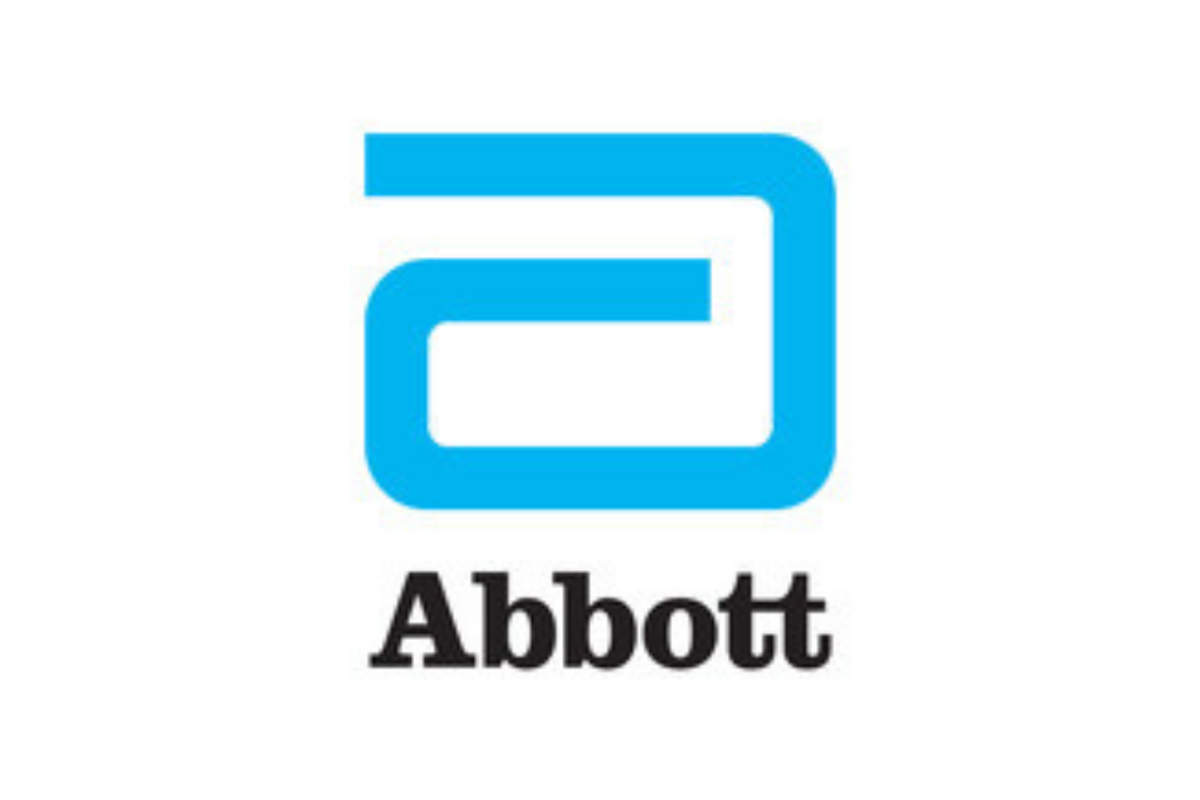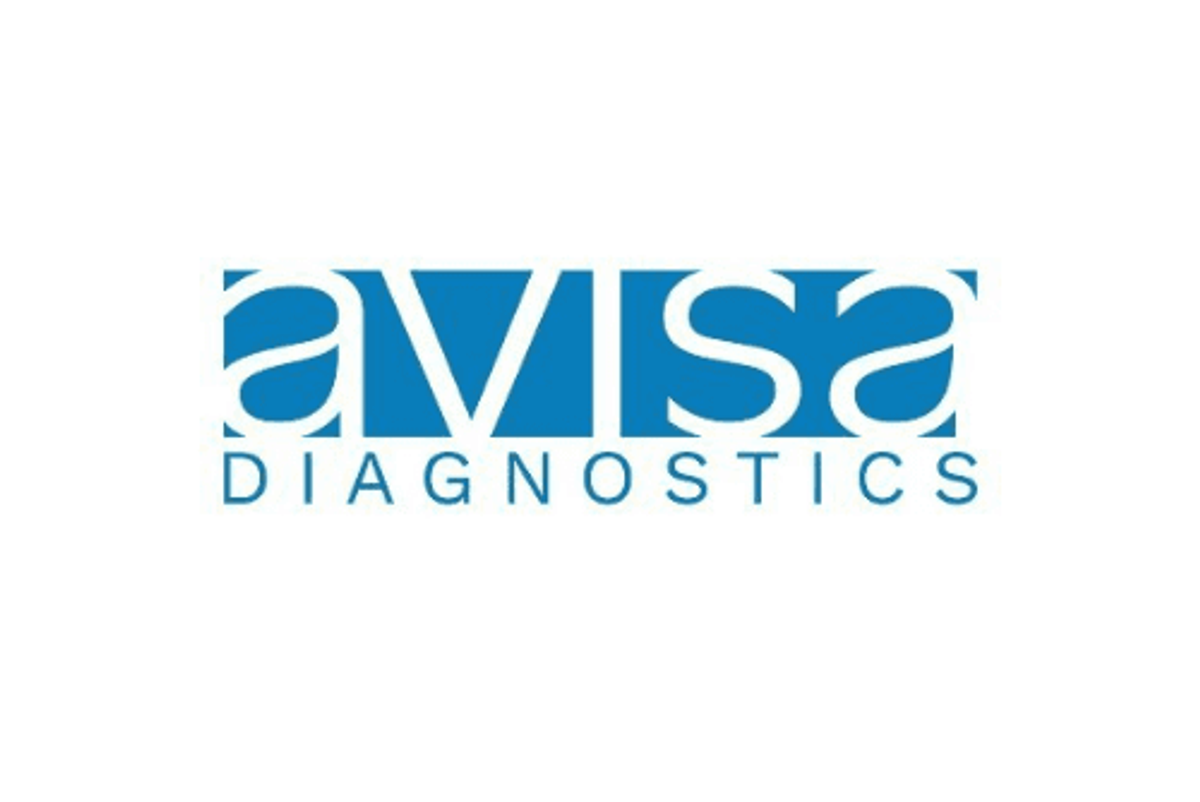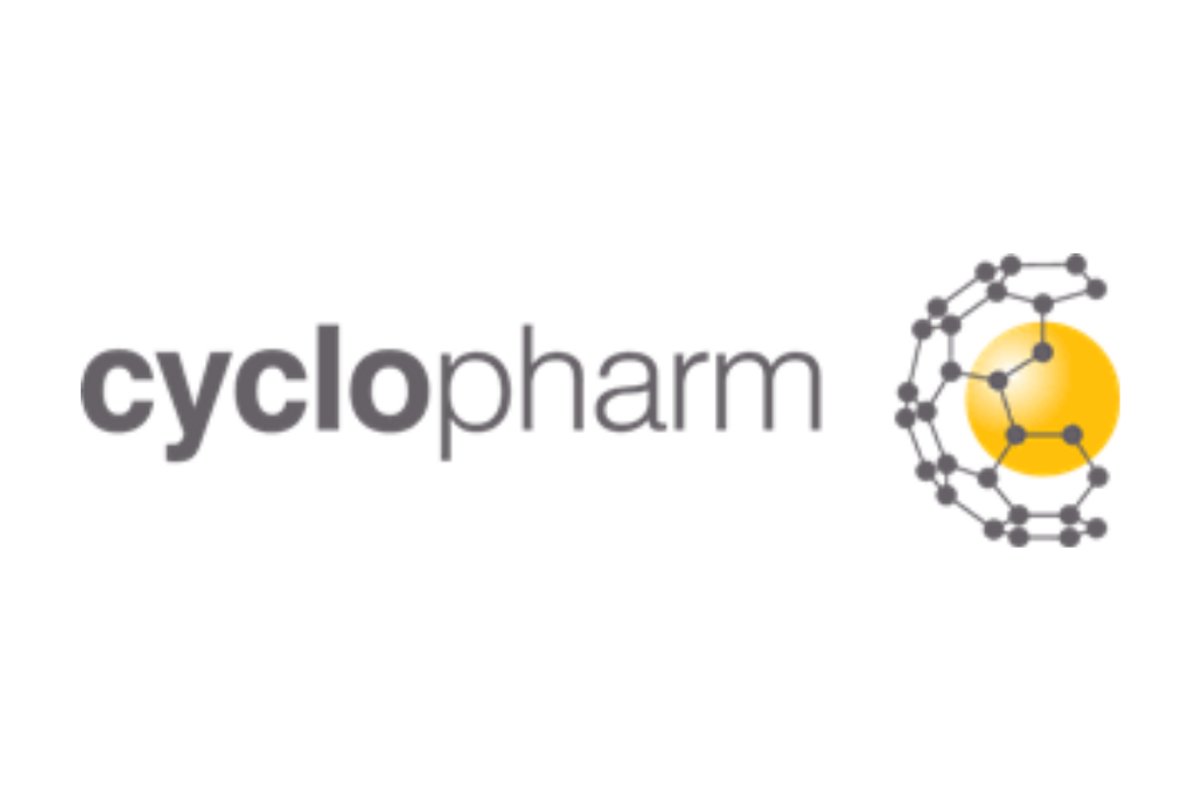- Abbott is designing a first-of-its-kind biowearable that will enable people with diabetes to continuously monitor glucose and ketones in one sensor
- Device promises to redefine care for people with diabetes who are at risk for developing a life-threatening complication called diabetic ketoacidosis
Abbott (NYSE: ABT) today announced it's developing a new biowearable that will continuously monitor glucose and ketone levels in one sensor. The system has secured breakthrough device designation from the U.S. Food and Drug Administration, which is designed to expedite the review of innovative technologies that can improve the lives of people with life-threatening or irreversibly debilitating diseases or conditions.
"Abbott revolutionized diabetes care with FreeStyle Libre ® technology, which is the number one continuous glucose monitor used by 4 million people around the world," said Jared Watkin , senior vice president of Abbott's diabetes care business. "We're designing our glucose-ketone monitoring system with superior sensing technology that will pair with industry-leading insulin pumps to create a best-in-class solution. We're optimistic that this will be the next big advancement in diabetes tech and a breakthrough for people with diabetes, especially those who are at risk of developing diabetic ketoacidosis."
The glucose-ketone sensor will be the same size as Abbott's FreeStyle Libre 3 sensor, the world's smallest and thinnest 1,2 continuous glucose monitoring (CGM) sensor, and will connect to Abbott's digital ecosystem, including personal and caregiver mobile apps and cloud-based data management software for remote monitoring by healthcare professionals.
Need for Continuous Glucose-Ketone Monitoring
A continuous glucose-ketone monitor is especially important for people with diabetes who may be at higher risk of developing diabetic ketoacidosis (DKA), a potentially life-threatening condition when ketone levels rise to dangerous levels in the blood.
DKA is a growing concern globally. 3 In the U.S. alone, there are hundreds of thousands of emergency room visits and hospitalization for DKA each year. 4 Yet today, few people with diabetes are regularly monitoring their ketones because the current methods of testing – typically through blood or urine – are costly 5 and burdensome. 6 Adding continuous ketone monitoring to a continuous glucose monitoring system eliminates the need for a separate ketone test.
Recent studies show continuous ketone monitoring (CKM) could help prevent DKA. 3 With continuous monitoring, rising ketone levels can be detected early, as a warning of impending ketoacidosis, and inform care so that DKA does not develop. Leading diabetes experts have called for expansion of ketone monitoring, including its integration with CGM technology in a single sensor. 7,8 Unchecked ketone levels can pose serious risks for people with diabetes, especially children and young adults with type 1 diabetes. 7
"In my practice, I've seen numerous cases of DKA in teens and children, which could have been prevented with continuous ketone monitoring," said Dr. Kurt Midyett , pediatric endocrinologist and medical director at Midwest Pediatric Specialists in Overland Park, Kansas. "Bringing people with diabetes the ability to continuously monitor both glucose and ketones in a single, intuitive device is an important step forward in diabetes care, as it will allow patients to detect rising ketone levels and intervene before full-blown DKA develops."
"DKA remains a critical issue for too many people with type 1 diabetes. We applaud Abbott for tackling this issue—one that JDRF is also committed to addressing," said Aaron J. Kowalski , Ph.D., chief executive officer of JDRF. "JDRF supports the development of CGM/CKM systems like the one Abbott is developing. CGM/CKMs will be key to reducing DKA incidence in the diabetes population. Additionally, CGM/CKM devices that can warn of impending DKA will be critical to enabling the broader adoption and safe, effective use of sodium-glucose cotransporter (SGLT) inhibitors. SGLT inhibitors improve blood glucose and are expected to improve heart and kidney outcomes for people with type 1 diabetes but have been held back because they increase the risk of DKA."
Availability and Interoperability
Abbott is already conducting clinical studies on the glucose-ketone monitoring system. Pivotal trials will take place in 2023 with regulatory submissions to follow thereafter.
Abbott plans to partner with leading insulin pump manufacturers to make the dual monitoring system interoperable with insulin delivery systems.
Abbott currently has the world's most widely used CGM 9 . Abbott's FreeStyle Libre portfolio has already changed the lives of approximately 4 million people across 60 countries 9 by providing breakthrough technology that is accessible and affordable. 10
About Abbott
Abbott is a global healthcare leader that helps people live more fully at all stages of life. Our portfolio of life-changing technologies spans the spectrum of healthcare, with leading businesses and products in diagnostics, medical devices, nutritionals and branded generic medicines. Our 113,000 colleagues serve people in more than 160 countries.
Connect with us at www.abbott.com , on LinkedIn at www.linkedin.com/company/abbott-/ , on Facebook at www.facebook.com/Abbott and on Twitter @AbbottNews .
1 Data on file, Abbott Diabetes Care.
2 Among patient-applied sensors.
3 Cherubini, V., Grimsmann, J.M., Åkesson, K. et al. Temporal trends in diabetic ketoacidosis at diagnosis of paediatric type 1 diabetes between 2006 and 2016: results from 13 countries in three continents. Diabetologia 63, 1530–1541 (2020).
4 National Diabetes Statistics Report 2020, Estimates of Diabetes and Its Burden in the United States (2020). https://www.cdc.gov/diabetes/pdfs/data/statistics/national-diabetes-statistics-report.pdf . Accessed May 5, 2022 .
5 Albanese-O'Neill A, Wu M, Miller KM, et al. Poor Adherence to Ketone Testing in Patients With Type 1 Diabetes. Diabetes Care . 2017;40(4):e38-e39.
6 Dhatariya K. Blood Ketones: Measurement, Interpretation, Limitations, and Utility in the Management of Diabetic Ketoacidosis. Rev Diabet Stud . 2016;13(4):217-225.
7 Nguyen KT, Xu NY, Zhang JY, et al. Continuous Ketone Monitoring Consensus Report 2021. Journal of Diabetes Science and Technology . October 2021 .
8 Lee MH, Paldus B, Krishnamurthy B, et al. The Clinical Case for the Integration of a Ketone Sensor as Part of a Closed Loop Insulin Pump System. J Diabetes Sci Technol . 2019;13(5):967-973.
9 Data on file, Abbott Diabetes Care. Data based on the number of users worldwide for the FreeStyle Libre portfolio compared to the number of users for other leading personal use, sensor-based glucose monitoring systems.
10 Based on a comparison of list prices of the FreeStyle Libre portfolio versus competitor CGM systems available worldwide. The actual cost to patients may or may not be lower than other CGM systems, depending on local reimbursement, if any.
![]() View original content: https://www.prnewswire.com/news-releases/abbott-announces-development-of-novel-continuous-glucose-ketone-monitoring-system-301560808.html
View original content: https://www.prnewswire.com/news-releases/abbott-announces-development-of-novel-continuous-glucose-ketone-monitoring-system-301560808.html
SOURCE Abbott








